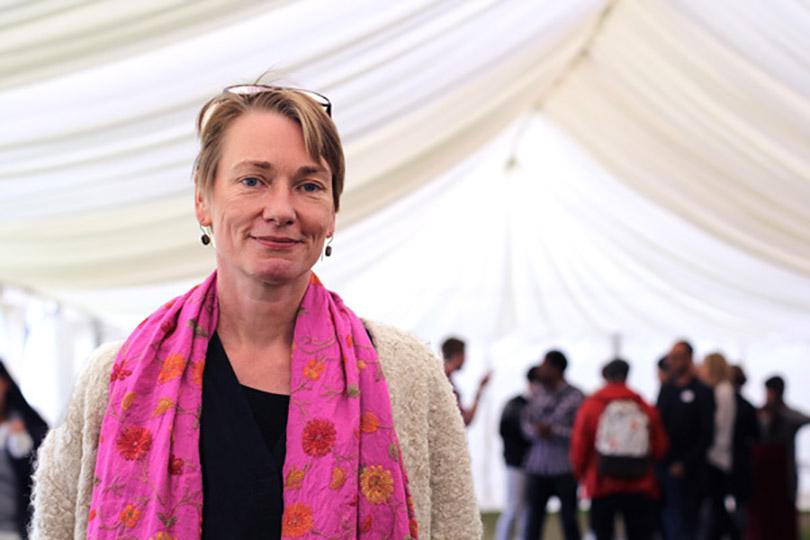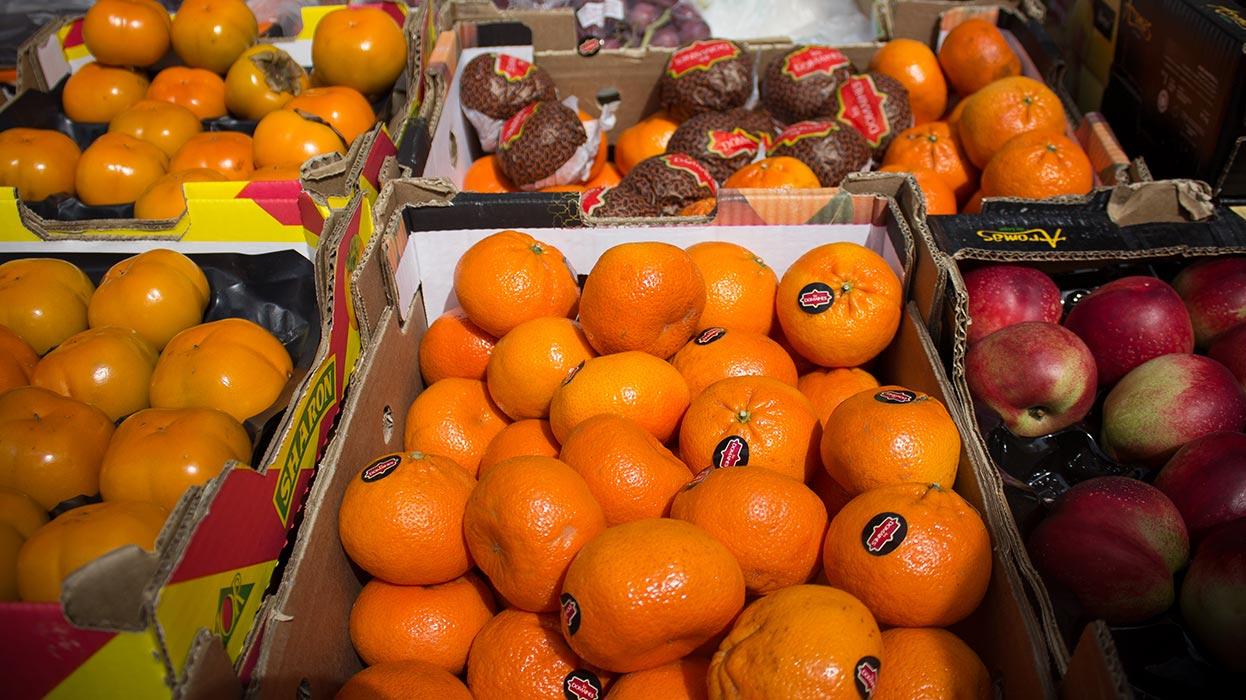Donner, Henrike. 2017. Two steps forward, one step back ? Does India’s new maternity leave policy enhance gender equality? Policy Forum, April 10th,
Donner, Henrike. 2017. The Anthropology of the Middle Class Across the Globe. Anthropology of this Century, 18(1),
Donner, Henrike and Santos, Goncalo. 2016. Love, Marriage, and Intimate Citizenship in Contemporary China and India: An introduction. Modern Asian Studies, 50(4), pp. 1123-1146. ISSN 0026-749X
Donner, Henrike. 2016. Doing it our way: Love and marriage in Kolkata middle-class families. Modern Asian Studies, 50(4), pp. 1147-1189. ISSN 0026-749X
Donner, Henrike. 2015. 'Daughters are Just Like Sons Now': Negotiating Kin-work and Property Regimes in Kolkata Middle-class Families. Journal of South Asian Development, 10(3), pp. 318-344. ISSN 0973-1741
Donner, Henrike and De Neve, Geert. 2015. Introduction: Revisiting Urban Property in India. Journal of South Asian Development, 10(3), pp. 255-266. ISSN 0973-1741
Donner, Henrike. 2012. Love and Marriage, Globally. Anthropology of this Century, 4(2),
Donner, Henrike. 2012. Middle-class Imagination and Urban Restructuring in Twenty-first Century Kolkata. New Perspectives on Turkey(46), pp. 129-155. ISSN 0896-6346
Donner, Henrike. 2010. Locating Activist Spaces: The Neighbourhood as a Source and Site for Urban Activism in 1970s Calcutta. Cultural Dynamics, 23(1), pp. 21-40. ISSN 0921-3740
Donner, Henrike and Chari, Sharad. 2010. Ethnography and Activism: A Critical Introduction. Cultural Dynamics, 22(2), pp. 75-84. ISSN 0921-3740
Donner, Henrike. 2009. Radical Masculinity: Morality, Sociality and Relationships through Recollections of Naxalite Activists. Dialectical Anthropology, 33(3), pp. 327-343. ISSN 0304-4092
Donner, Henrike. 2008. New Vegetarianism: Food, Gender and Neo-Liberal Regimes in Bengali Middle-Class Families. South Asia: Journal of South Asian Studies, 31(1), pp. 143-169. ISSN 0085-6401
Donner, Henrike. 2006. Committed Mothers and Well-adjusted Children: Privatisation, Early-Years Education and Motherhood in Calcutta Middle-class Families. Modern Asian Studies, 40(2), pp. 339-364. ISSN 0026-749X
Donner, Henrike. 2004. The Significance of Naxalbari: Accounts of Personal Involvement and Politics in West Bengal. Cambridge Centre for South Asian Studies Occasional Paoers(14), pp. 1-14. ISSN 1476-7511
Donner, Henrike. 2003. The Place of Birth: Pregnancy, Childbearing and Kinship in Calcutta Middle-class Families. Medical Anthropology, 22(4), pp. 303-341. ISSN 0145-9740
Donner, Henrike. 2002. One’s Own Marriage: Love Marriages in a Calcutta Neighbourhood. South Asia Research, 22(1), pp. 79-94. ISSN 0262-7280
Donner, Henrike. 1997. Gender and Urbanisation in a Calcutta Neighbourhood. Journal of the Anthropological Survey of India, 46(1), pp. 1-44. ISSN 0970-3411

